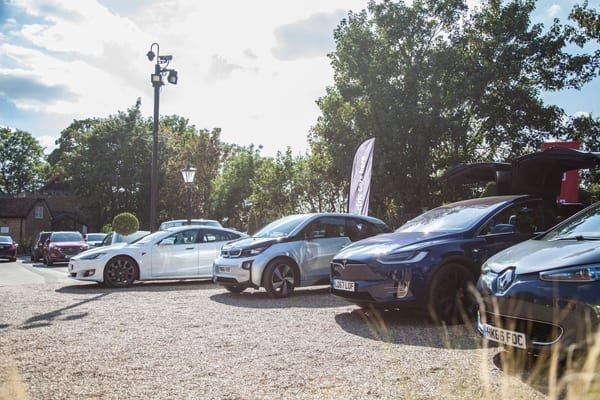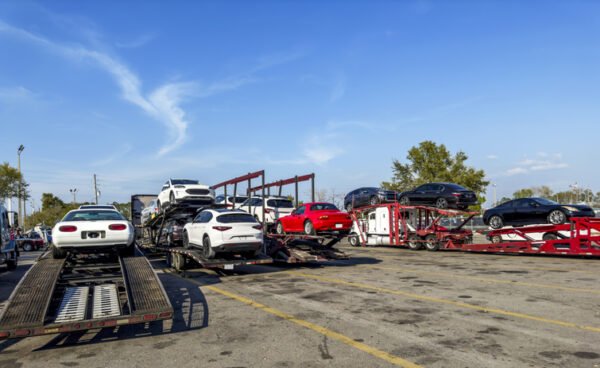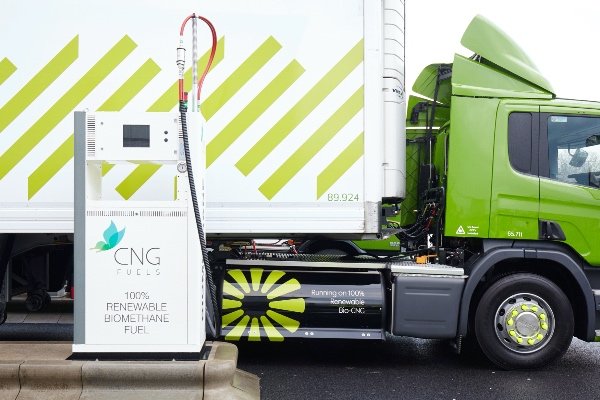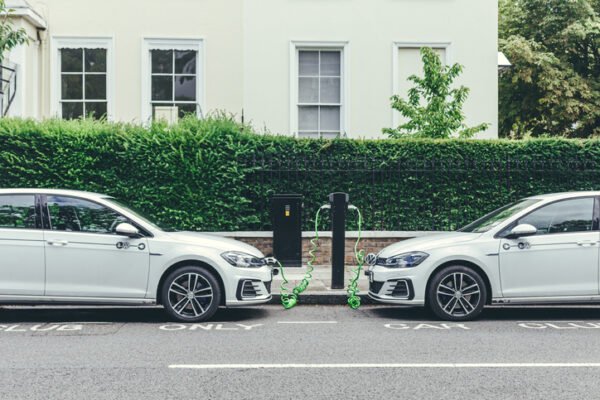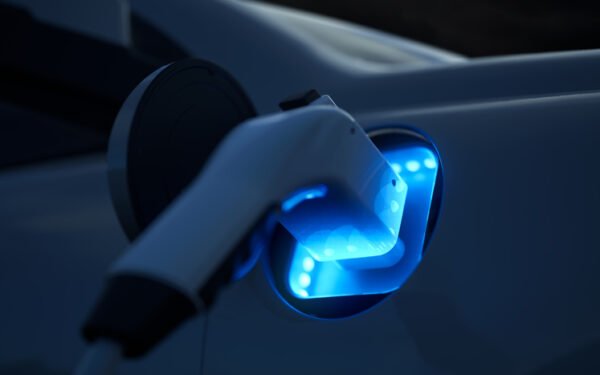This article first appeared in our winter ’19 issue of MyGreenPod Magazine, The Love Revolution, distributed with the Guardian on 22 February 2018. Click here to subscribe to our digital edition and get each issue delivered straight to your inbox
Sometimes we get asked how sustainable an electric car really is in comparison with a petrol or diesel vehicle. From an environmental point of view, we only see the positives in electric vehicles: they emit far fewer harmful carbon emissions than a petrol or diesel car – exactly how much depends on how you drive and how you charge up. They run only on electricity, and we’d always advise using a green energy supplier.
But it’s an interesting subject, so here are some of the arguments and what we have to say about them.
The manufacturing process
There’s a debate in some circles that the manufacture of an electric vehicle (EV) uses more resources than a typical petrol or diesel car. The argument goes that, while the ‘wheel to wheel’ comparison comes out in favour of EVs, you need to look at the entire lifecycle. But plenty of studies have debunked that myth.
The Union of Concerned Scientists (UCSUSA) ran a two-year study into this ‘lifecycle’ issue; it concluded that ‘battery electric cars generate half the emissions of the average comparable [gasoline] car, even when pollution from battery manufacturing is accounted for’.
According to Transport & Environment, about a third of the emissions of an EV originate in the vehicle’s production, compared with less than 10% for the diesel. The UCSUSA study showed that an EV created between 15% (for small cars) and 68% (for larger cars with long ranges) more emissions than a petrol equivalent during the manufacturing process.
Looking at the manufacturing process in isolation, it’s correct that an EV generates more CO2 than a petrol or diesel car. But then they get on the road.
On average, an electric vehicle will be responsible for lower total emissions within 18 months; that difference will increase as time goes on, as Li-Ion battery recycling becomes more prevalent and as (and when) the energy mix gets cleaner.
Lifetime carbon emissions
Because electric cars are fuelled by electricity from the National Grid, actual lifetime CO2 savings vary according to the energy mix you’re consuming, meaning the electricity ‘fuel mix’ of the country you’re driving in.
Looking at our European cousins, a range of technologies is used to power homes and businesses. In Sweden, for example, you save roughly 85% of CO2 over the lifetime of the car – including production and driving – compared with driving a diesel car, because most power is generated by hydro-electric. In Poland, where most electricity comes from coal, you only save around 25%. So even when electricity is derived predominantly from dirty old coal, an electric car still reduces your impact by around a quarter.
The UK’s grid averaged 292 gCO2/kWh in 2017, which puts us next to Spain. This is already down from over 500 gCO2/kWh a few years ago, and will continue to fall as we clean up the grid.
Local emissions
People can get hung up splitting hairs over EVs’ CO2 emissions, but the massive carbon footprint reduction is only one of the benefits. The other big one is that electric cars emit no nitrogen oxide (NOx) or sulphur oxide (SOx). These toxic particles are emitted in huge quantities by traditional cars and contribute to the air pollution responsible for roughly 40,000 premature deaths in the UK annually.
Multiple studies have found that electric cars are more efficient, and therefore responsible for less greenhouse gas and other emissions than cars powered solely by internal combustion engines. An EU study based on expected performance in 2020 found that an electric car using electricity generated only by an oil-fired power station would use only two-thirds of the energy of a petrol car travelling the same distance.
Lithium batteries
Electric vehicles have Lithium-Ion batteries, which aren’t the same as the traditional lead-acid batteries in petrol or diesel cars. The stuff in the traditional battery is pretty toxic; at the end of its life it is designated as ‘hazardous waste’. On the plus side, the recycling of these batteries is pretty common. Let’s also not forget that the battery in a petrol or diesel car does a very specific job: it feeds the starter. The battery on an EV does that plus the job of the engine.
When it comes to performance, Lithium-Ion batteries are actually doing much better than expected. Take for example ‘Wizzy’, a taxi in St Austell, which has done more than 100,000 miles without losing a single bar of battery life. When they do eventually degrade beyond usefulness in a car, these batteries are being re-purposed for grid and home battery storage.
Recycling lead-acid batteries safely and in an environmentally friendly way was a challenge years ago, but we cracked it. With the prevalence of Li-Ion batteries in pretty much all modern smartphones, the same levels of recycling will most likely be achievable — and it will be big business after all!
Can the grid handle EVs?
Some argue that the National Grid wouldn’t be able to cope with the increased electricity demand that mass EV uptake would bring.
To answer this one, let’s first look over to Germany – a very well developed country with a population 20 million larger than our own. Germany produces so much renewable energy that it can’t even use it all.
 Play Video about This Rock Might Just Save The World
Play Video about This Rock Might Just Save The World Play Video about Play 2 hours of rock
Play Video about Play 2 hours of rock Play Video about Play 2 hours of brook
Play Video about Play 2 hours of brook Play Video about Play 2 hours of sheep
Play Video about Play 2 hours of sheep

















